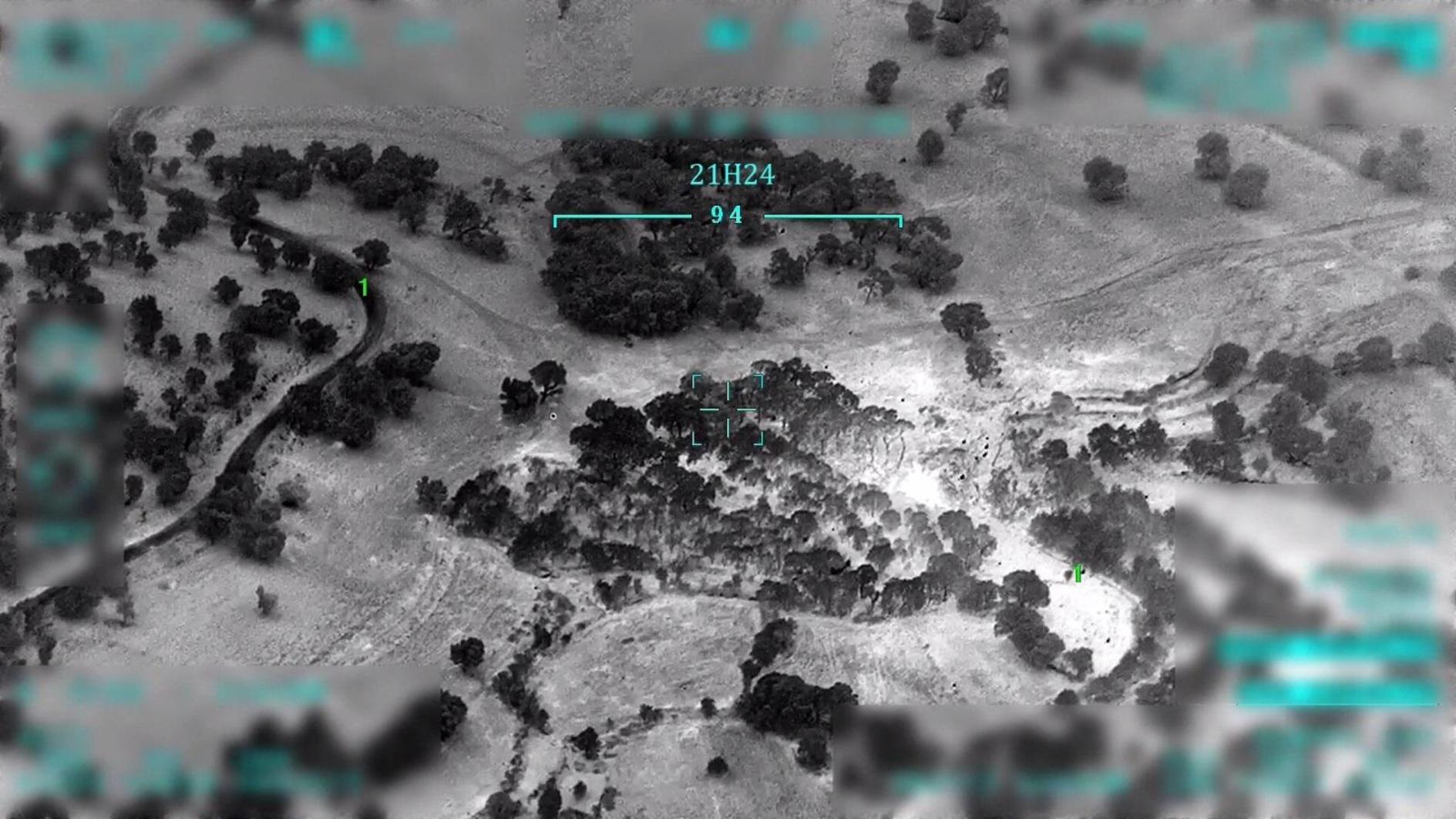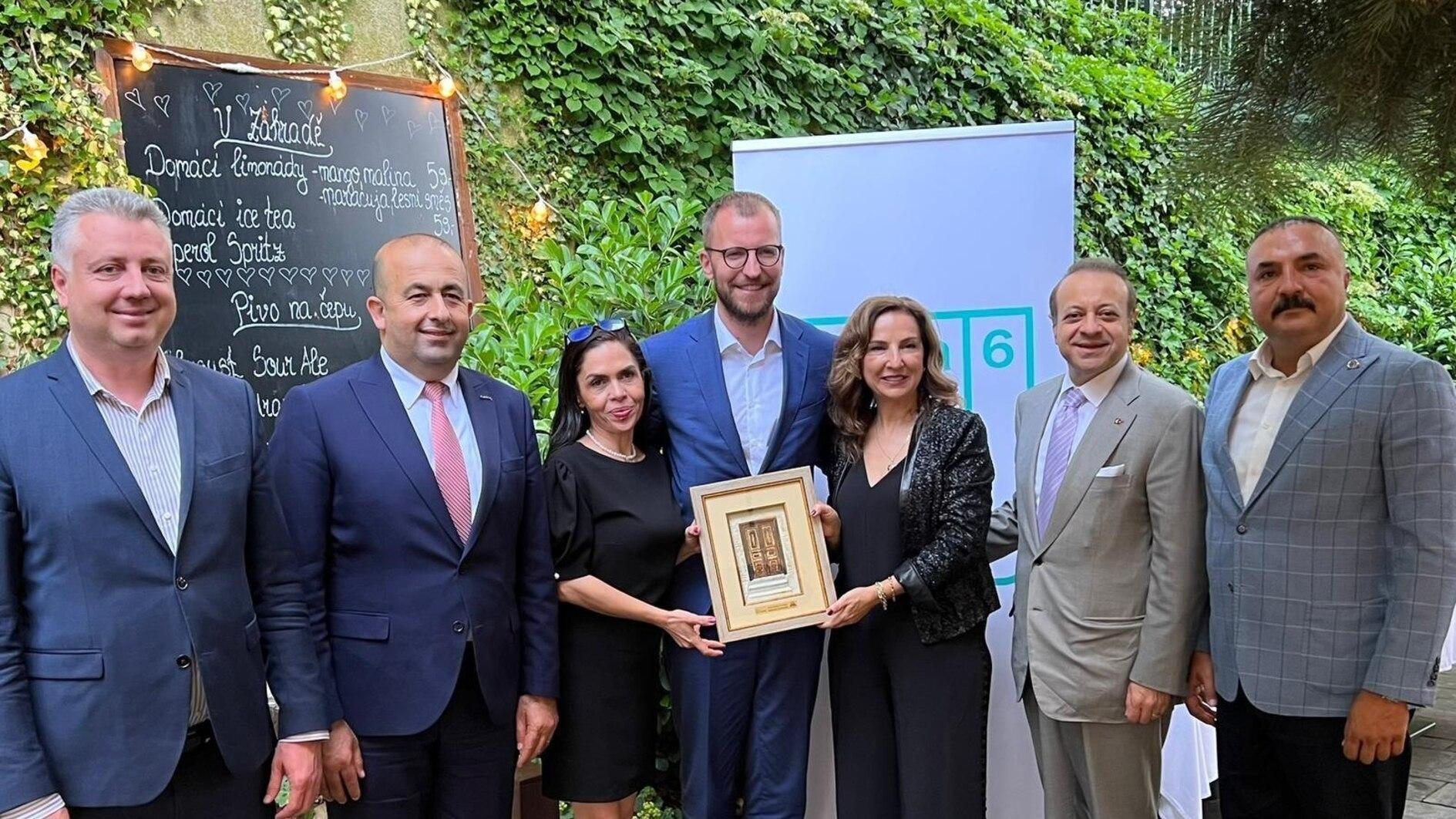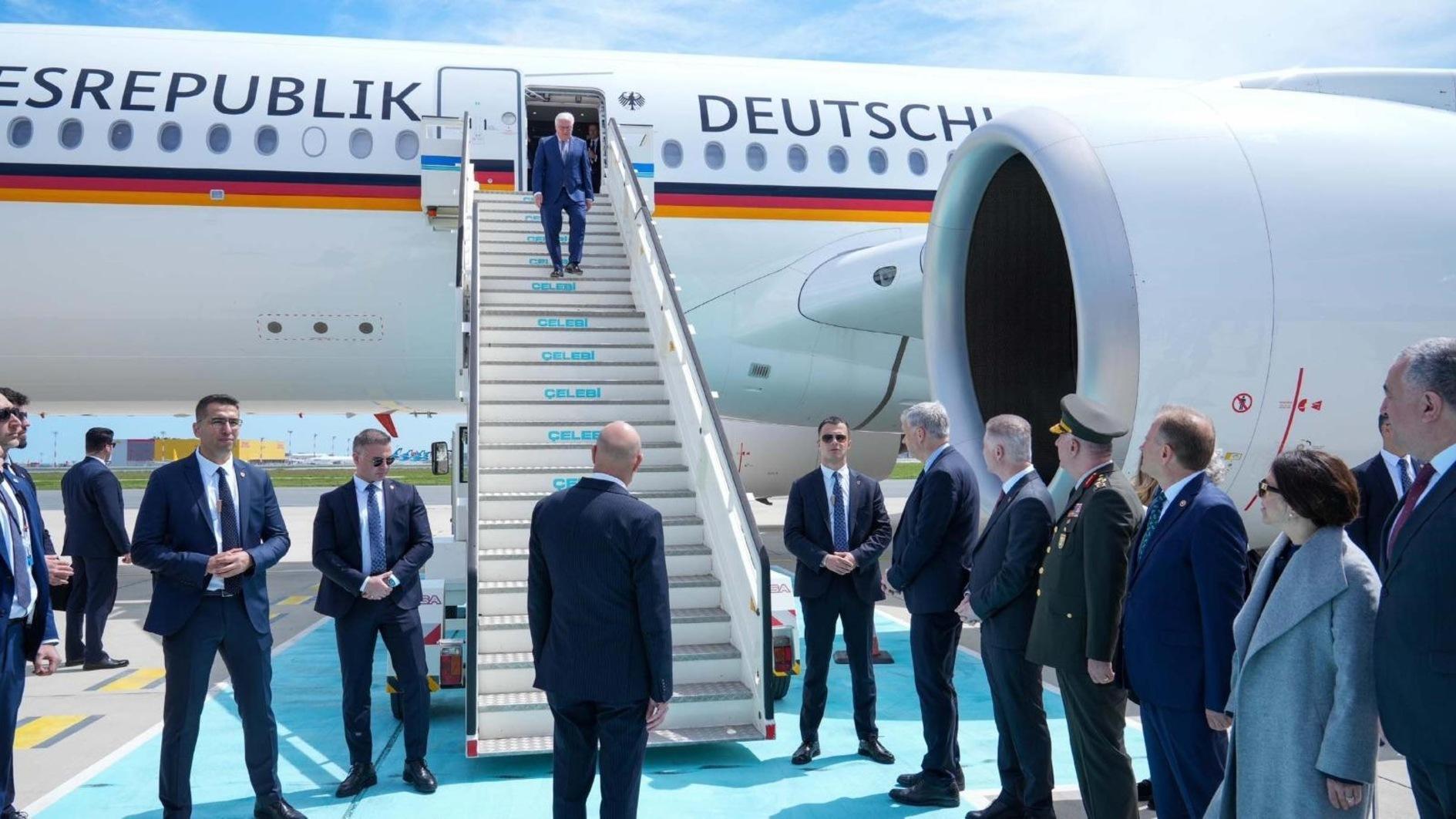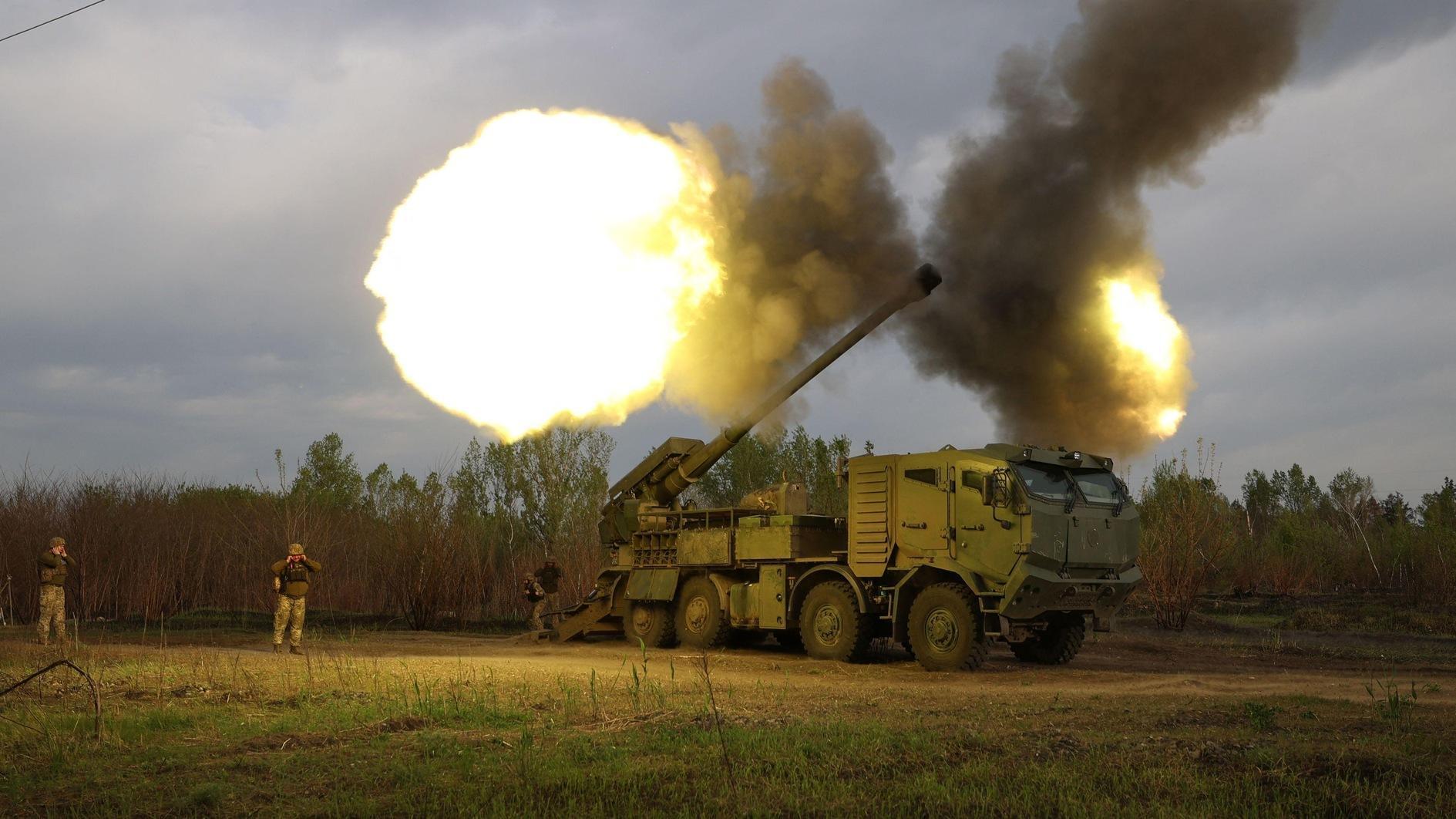Where do Kurds stand in the ‘Arab Spring’?
Kurds live in Syria, which was hit by the uprising and revolutionary wave named the “Arab Spring,” and in its Arab neighbor Iraq. They also live in Iran, which is strongly exposed to the indirect effects of this wave, and in Turkey.
Consequently, it is inevitable that Kurds are deeply affected by the Arab Spring and reflect this in the countries mentioned above.
Last Friday, an international conference was organized at Istanbul Bilgi University titled “New Regional Perspectives for Kurds.” We found the opportunity to listen to the situation of the Syrian, Iraqi and Iranian Kurds in the Arab Spring from experts. Some of my conference notes are as follows:
Prime Minister Recep Tayyip Erdoğan’s accusation of Syria and Iran “supporting terror” (without naming them) following the outlawed Kurdistan Workers’ Party’s (PKK) Çukurca attack should be noted as the first concrete effect of the Arab Spring on the Kurdish movement in Turkey.
Does the backlash of Ankara’s finally developing an attitude against the Damascus regime who massacres its own people come in the form similar to the “Syrian support of the PKK” in the ‘80s and ‘90s?
Indeed, it can be. To destabilize the opponents by supporting the violence that targets them has been a “method of negotiation” applied in the region all along.
Circumstances are present for this. As Cengiz Çandar defines in his report prepared for Turkish Economic and Social Studies Foundation (TESEV), there is an ongoing “Kurdish insurgency” in Turkey in question.
On the other hand, in Syria where a significant portion of the Arabs have rebelled against the regime, Kurds prefer to stay at a distance from the insurgency. This is the situation of the Kurds who are second-class citizens of which a significant portion do not even possess citizenship rights.
In his conference speech, researcher Jordi Tejel Gorgas from Geneva’s Graduate Institute of International and Development Studies, well known for his studies of Syrian Kurds, elaborated on the surface and deeper reasons of this “staying at a distance from the insurgency position” of the Kurds.
According to Gorgas, some “concessions” such as the regime’s acceptance of 50,000 Kurds as citizens last April and agricultural support in the border regions have urged the Kurdish parties to “wait and see” how much more they can obtain from the regime.
As for the deeper reason, the Kurds were unable to reach political clarity and determination on the subject of contesting final demands such as autonomy.
Because of the undecided and inactive stances of the present 14 Kurdish parties in Syria, the distance with the Kurdish youth was increasing, and the PKK’s radical program was more appealing to the Kurdish youth, Gorgas said. From the viewpoint of young Kurdish girls, “the wish to escape social pressures” played a major role in their joining the PKK.
PKK negotiating with Damascus
Well, where does the PKK stand in the Arab Spring in Syria?
Gorgas shared an interesting intelligence of his with the audience that sheds light to this question: “The PKK does not participate in mass demonstrations in Syria because it is conducting secret negotiations with the regime. Because they are facing difficulties in northern Iraq, they are in search of a safe haven in Syria.”
To be continued later on the topic of the “Arab Spring and Kurds,” here are two more findings:
First: The PKK, originating from Turkey, is the only Kurdish movement that has cross-border mobility among the four countries where it has its grassroots. Consequently, it is impossible to contemplate the PKK excluding Syria, Iraq and Iran.
Second: The same PKK, because equilibriums have shifted, is in search of an alliance with the losers of the Arab Spring, first and foremost Syria and potentially Iran.
Kadri Gürsel is a columnist for Daily Milliyet in which this piece appeared Oct. 31. It was translated into English by the Daily News staff.










